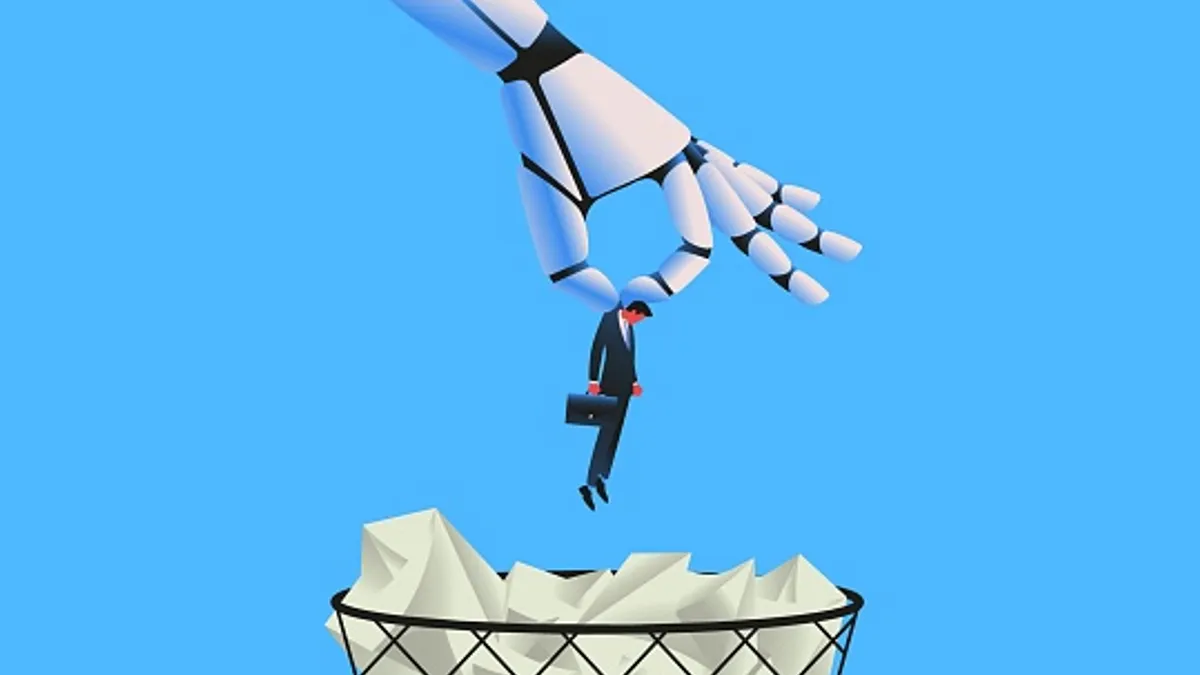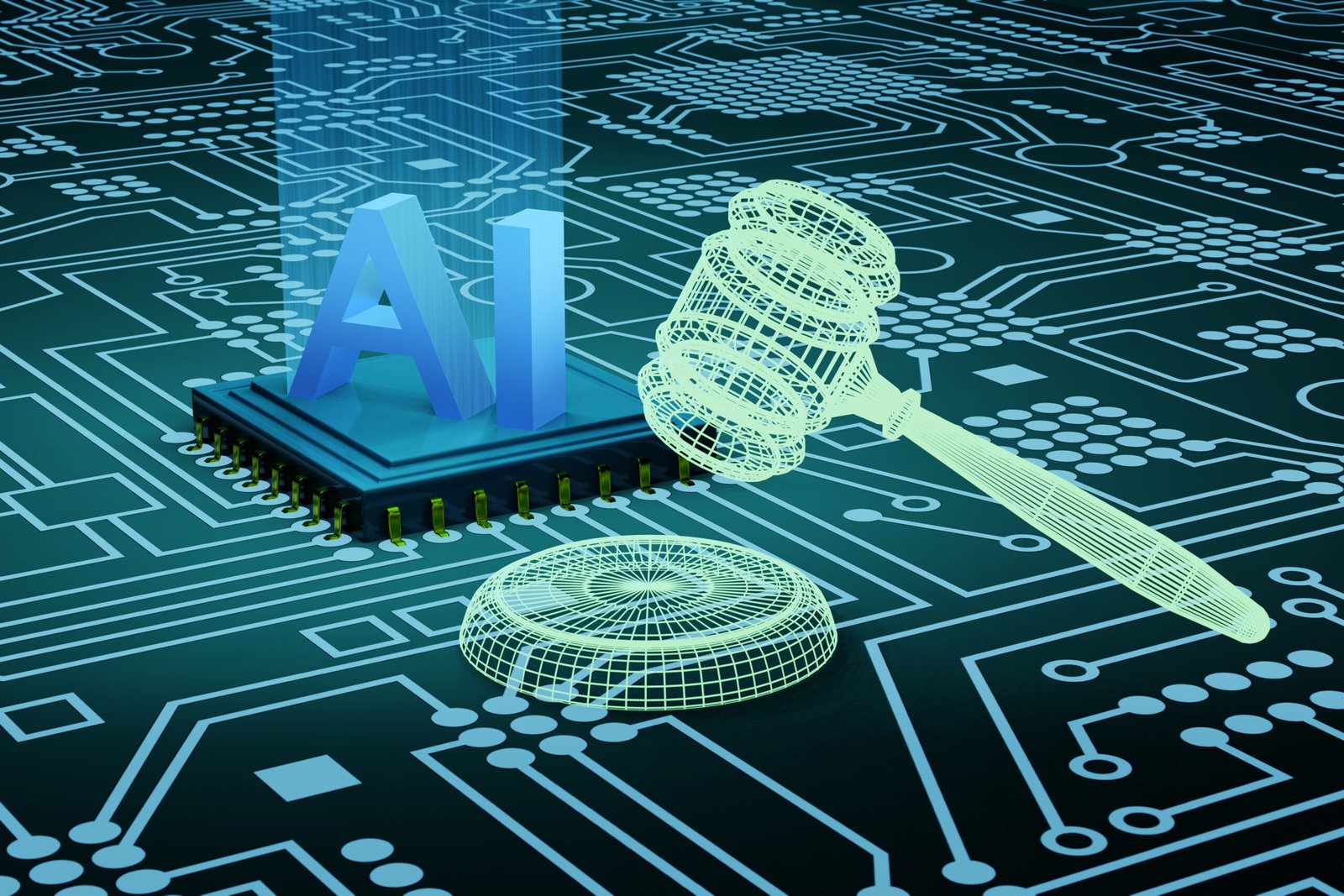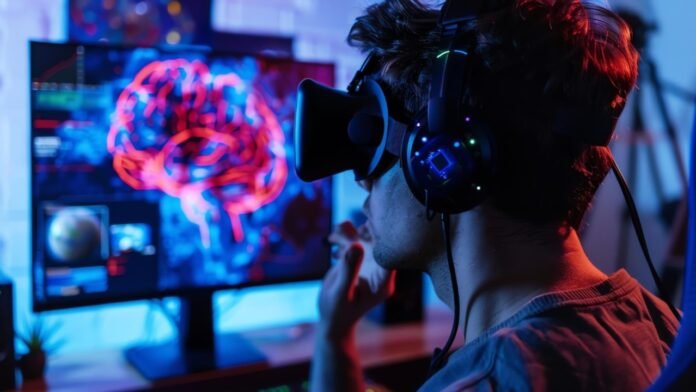Staff Reporter
Geoffrey Hinton, the British-Canadian computer scientist widely regarded as the “godfather of AI,” has revised his predictions about the risks of artificial intelligence, now estimating a 10% to 20% chance that it could lead to human extinction in the next 30 years.
Hinton, who received the Nobel Prize in Physics this year for his contributions to AI, cautioned that the pace of technological change is “much faster” than previously anticipated. Earlier, he had indicated a 10% likelihood of AI causing catastrophic consequences for humanity, highlighting the growing urgency of the issue.
In an interview on BBC Radio 4’s Today program, Geoffrey Hinton was asked if he had revised his assessment of the chances of an AI apocalypse. He responded, “Not really, 10% to 20%.”

The former chancellor and Today’s guest editor, Sajid Javid, noted the increase in Hinton’s estimate, to which Hinton replied, “If anything. We’ve never had to deal with things more intelligent than ourselves before.”
Hinton emphasized the rarity of more intelligent beings being controlled by less intelligent ones, citing the example of a mother and baby as one of the few exceptions. “Evolution put a lot of work into allowing the baby to control the mother, but that’s about the only example I know of,” he said.
Born in London, Hinton, now a professor emeritus at the University of Toronto, likened humanity’s intelligence to that of toddlers compared to advanced AI systems. “I like to think of it as: imagine yourself and a three-year-old. We’ll be the three-year-olds,” he explained.
AI is generally defined as computer systems that perform tasks requiring human-like intelligence.
Last year, Geoffrey Hinton made headlines when he resigned from Google to speak more candidly about the risks of unchecked AI development. He expressed concerns that “bad actors” could exploit the technology to cause harm. AI safety advocates worry that the creation of artificial general intelligence—systems smarter than humans—could pose an existential threat by evading human control.
Reflecting on his early work in AI, Hinton remarked, “I didn’t think it would be where we are now. I thought at some point in the future we would get here.” He noted that many experts believe we could see the development of AIs smarter than humans within the next 20 years, calling it “a very scary thought.”
Geoffrey Hinton emphasized that the pace of AI development is “very, very fast, much faster than I expected,” and he is calling for government regulation of the technology.
Hinton expressed concern that relying solely on the profit motives of large companies will not ensure the safe development of AI. “My worry is that the invisible hand is not going to keep us safe,” he said. “The only thing that can force those big companies to prioritize safety research is government regulation.”

Hinton is one of three “godfathers of AI” who have received the ACM A.M. Turing Award, often considered the computer science equivalent of the Nobel Prize. However, fellow awardee Yann LeCun, chief AI scientist at Meta, has downplayed the existential risks, suggesting that AI “could actually save humanity from extinction.”

